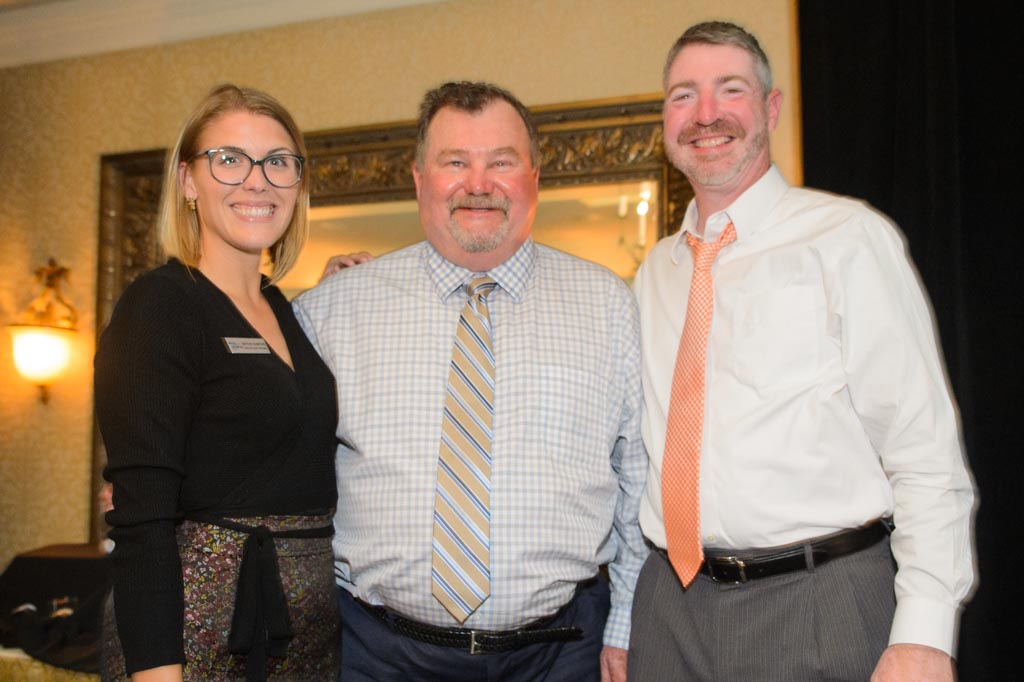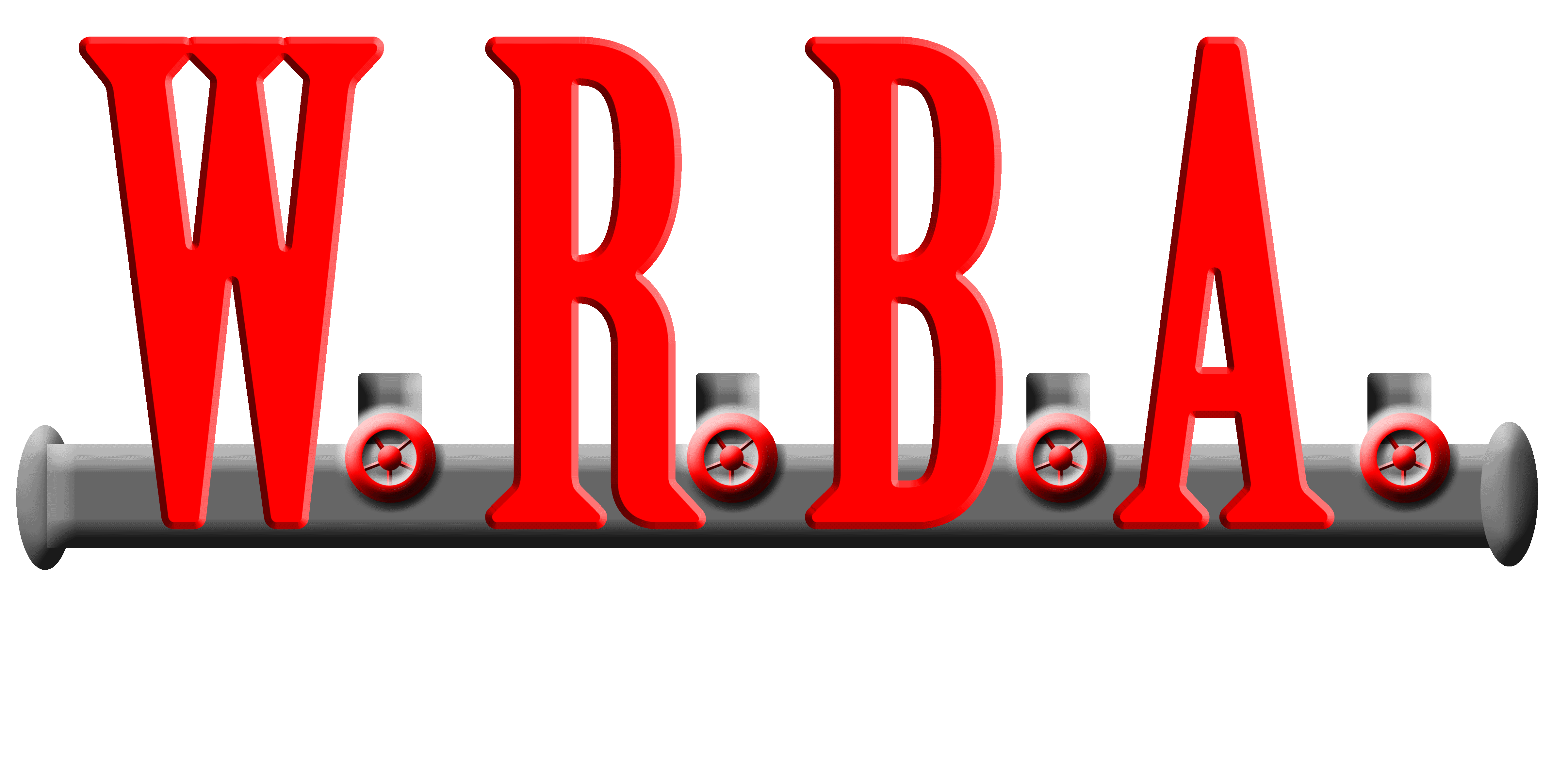"We make a living by what we get, but we make a life by what we give." ―Winston Churchill

Guests enjoyed drinks, mingled, and purchased raffle tickets during the cocktail hour in the new Fairway One Room at Pebble Beach. Dinner consisted of a clam bake buffet with mouthwatering lobster, oysters, prime rib, and more, followed by a number of choices for desert. At the end of the night, President Larry Day, or Judge Smales for the evening, announced the scramble & ‘Bushwood Ball’ winners, along with our big winner that evening, Steve Graves from Campbell-Sevey. Mr. Graves won the “Raffle of a Lifetime” prize; a golf stay & play package at the Broadmoor in Colorado Springs, including $600 in airfare.
Bright and early the next morning hole signs were set out on the green and guests arrived to check-in for the big day of golf. Golfers had the opportunity to buy in for the “Best Ball” prize (a 50/50 style competition), purchase mulligans, and receive their thank-you gift, a Pebble Beach golf towel. As foursomes finished up at the 18th-hole, scorecards were collected and golfers had time to relax and socialize at the scoring room as other foursomes completed the course. That evening, over 100 guests arrived at the Pebble Beach Room for the awards banquet and ceremony, where additional fundraising activities were held. This included a card raffle with a $1,000 prize, and both silent and live auction events.
The food was delicious, the speakers were fantastic, and the event was a huge success. At the end of the evening, Nationwide Boiler’s Bill Testa announced our tournament winners: Miles Freeman from HTS brought home first place in the callaway division, Mike Moore from MG Sales brought home first place in the Handicap division, and our overall low gross winner was Jordan Bliss. The big winners, however, were Make-A-Wish® Greater Bay Area and the ABMA Scholarship fund. Nationwide President, Larry Day,  announced at the end of the night that we raised at least $50,000 for the charities. Our final donation amount was $51,435, and a check was cut for each charity in the amount of $25,717.50.
announced at the end of the night that we raised at least $50,000 for the charities. Our final donation amount was $51,435, and a check was cut for each charity in the amount of $25,717.50.
Save the date! Next year’s tournament is scheduled for May 8 – 9, 2019 and will coincide with Pebble Beach’s Centennial Anniversary and the return of the US Open Championship in June, which will make the course conditions for our tournament much tougher (i.e. narrow fairways and longer rough). It is surely an event you won’t want to miss!




